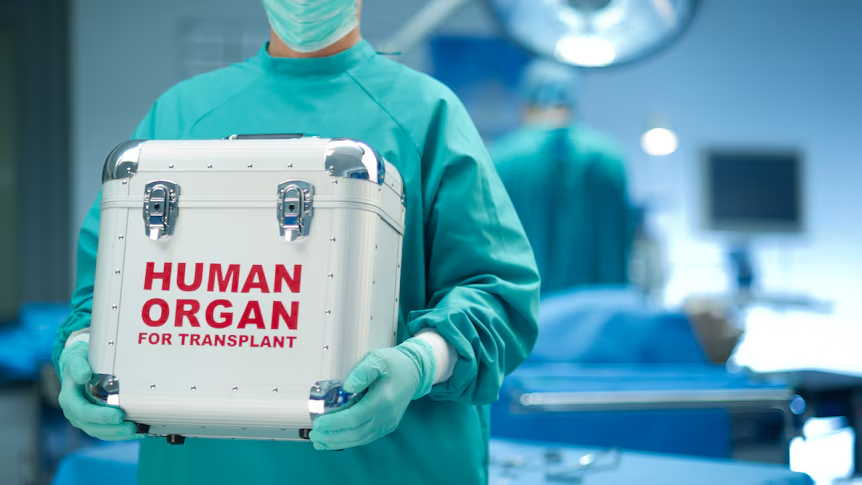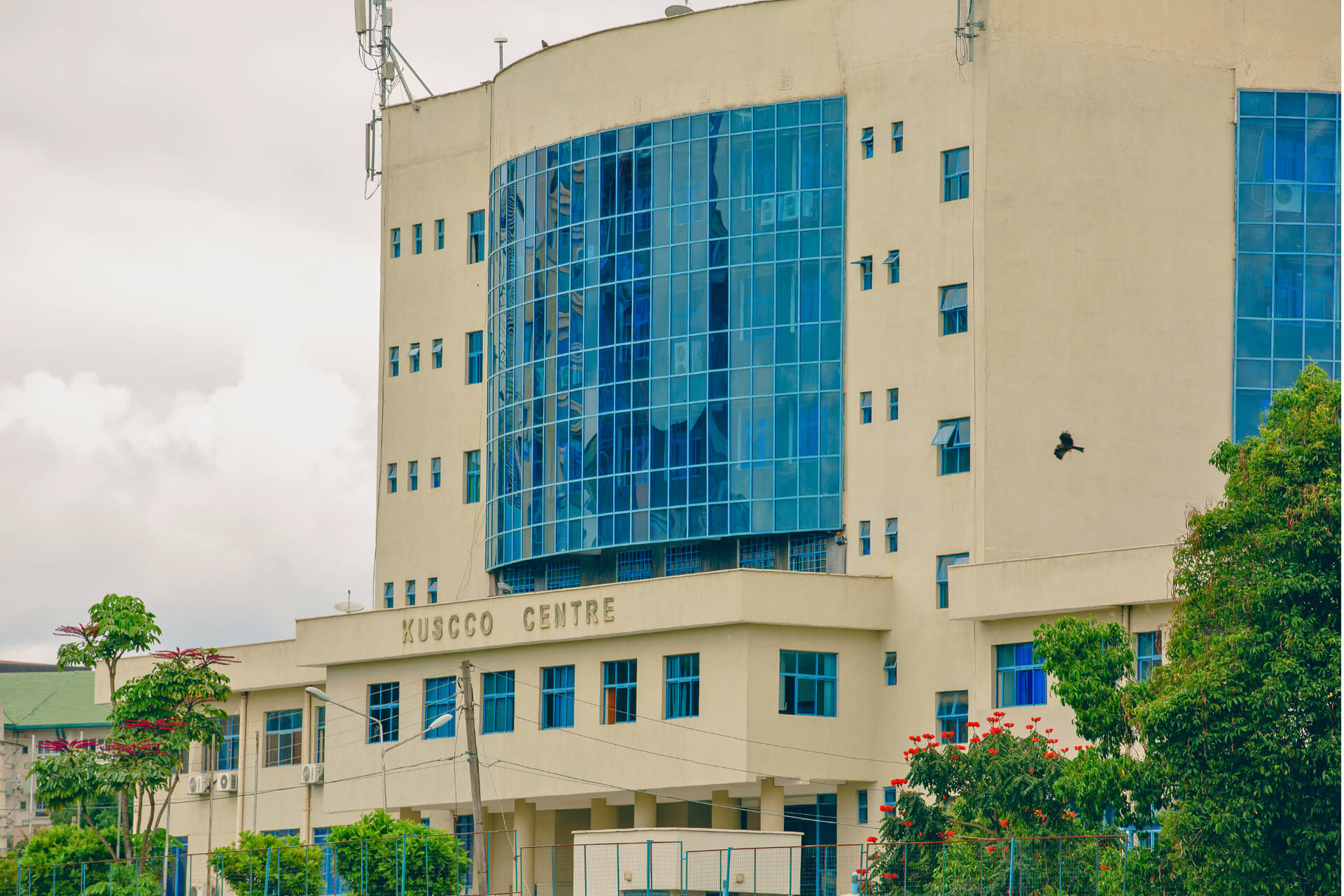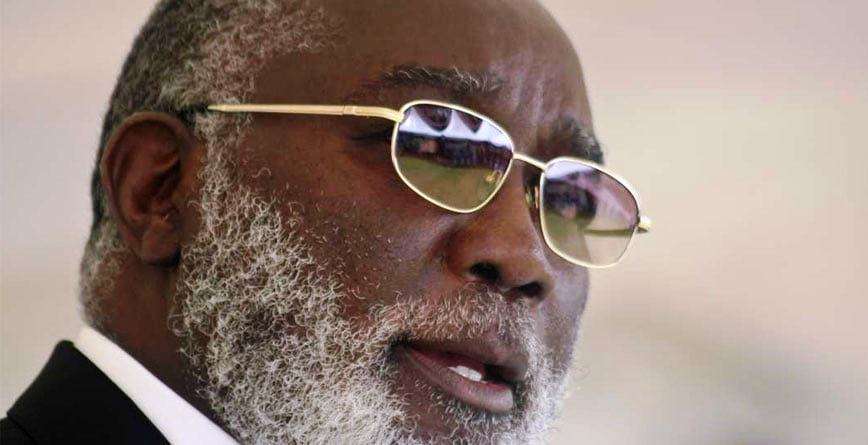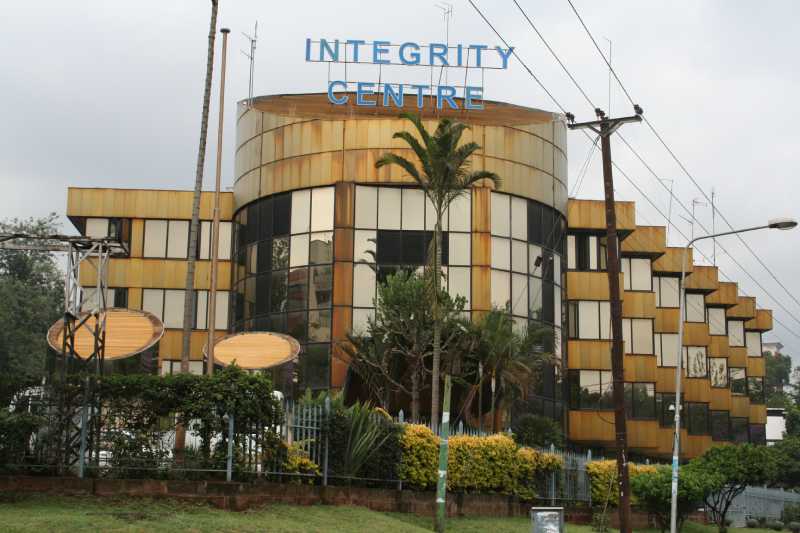In a chilling escalation of one of Kenya’s most disturbing medical scandals, the Directorate of Criminal Investigations has formally taken over a high-profile case implicating Mediheal Hospital in organ trafficking at its Eldoret Fertility and Transplant Centre.
The hospital, one of East Africa’s most prominent private healthcare providers, now faces mounting scrutiny over alleged breaches of transplant ethics, unlawful donor inducement, and the facilitation of so-called “transplant tourism.” This practice involves foreign patients receiving organs from vulnerable local donors under dubious legal and ethical circumstances.
The case has drawn national and international attention following a damning exposé and a statement from the Kenya Renal Association (KRA) on 3 May 2025, which cited alarming trends suggesting a “growing commercial market for kidneys” at the facility. According to the KRA, testimonies from alleged victims pointed to coercion, poor or absent informed consent, and material inducements, all in violation of Kenyan law and international medical standards.
DCI chief Mohammed Amin confirmed that the agency’s elite Transnational Organised Crime Unit (TOCU) has taken over the investigation from local police units, consolidating various complaints filed across the North Rift region. “This matter transcends regional boundaries and touches on complex networks with cross-border implications,” Amin stated. “We are undertaking a forensic, evidence-led investigation aimed at delivering justice to victims and holding perpetrators accountable.”
Investigators are now recording fresh statements from victims, suspects, hospital staff, and others with relevant information. Forensic teams have been deployed to examine medical records, transplant documentation, and immigration files linked to foreign doctors and recipients.
Simultaneously, the National Assembly’s Departmental Committee on Health has launched an 80-day public inquiry into the allegations. The inquiry will examine the legality and ethics of transplant procedures conducted at the hospital, especially concerning compliance with the Health Act and the Human Tissue Act.
“This is not just about lawbreaking; it’s about the dignity of human life and the credibility of Kenya’s entire healthcare system,” said Dr. James Nyikal, Seme MP and committee chairperson. “We are determined to get to the bottom of it.”
He added that the committee will scrutinise immigration records of foreign medical personnel and investigate the nature of donor-recipient relationships, particularly in cases involving overseas patients.
Mediheal Hospital, which has offered transplant services for over a decade, denies the allegations. However, its Eldoret transplant centre was temporarily shut down last week as investigations intensified. While the hospital maintains that all its procedures are ethical and legal, the weight of public outrage and mounting evidence has placed its reputation on a knife’s edge.
“This appears to be a deeply coordinated operation,” said one investigator, speaking anonymously due to the sensitivity of the case. “The patterns suggest that impoverished individuals were being targeted and exploited.”
The scandal has raised broader questions about regulation and oversight in Kenya’s rapidly growing private health sector. Civil society groups and medical professionals are calling for urgent reforms to prevent the commercialisation of human organs and protect the country’s most vulnerable citizens from exploitation.
“This is not just a Mediheal issue,” said one health rights advocate. “It is a wake-up call about how fragile ethical safeguards can be when profit is involved.”
With fresh testimonies, parliamentary hearings, and a national investigation now underway, Kenya faces a defining moment in its battle to uphold medical integrity and protect human dignity.
If you or someone you know has information related to this investigation, the DCI urges you to come forward and record a statement with the Transnational Organised Crime Unit at DCI headquarters in Nairobi.





